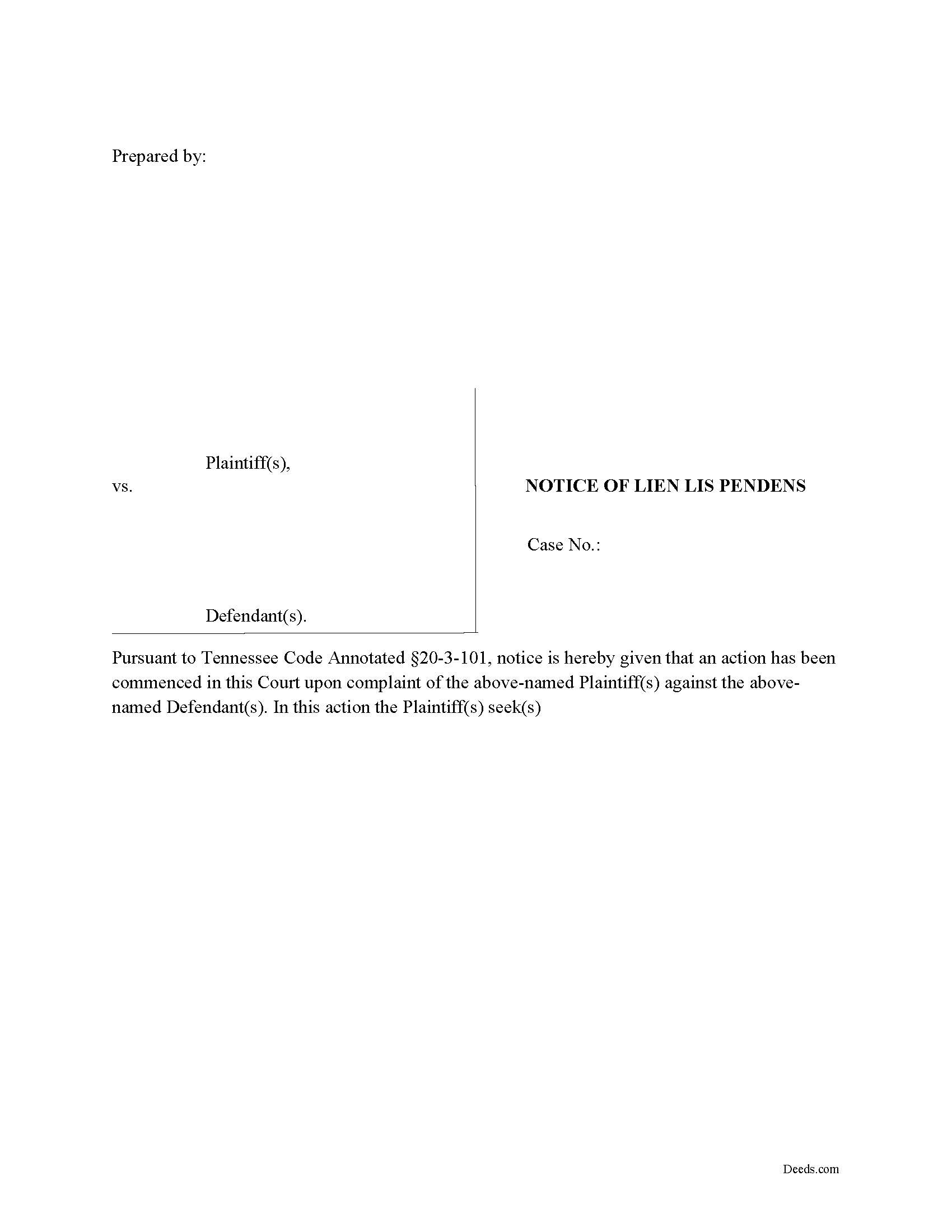Download Tennessee Disclaimer of Interest Legal Forms

Tennessee Disclaimer of Interest Overview

Under the Tennessee Annotated Code, the beneficiary of an interest in property may renounce the gift, either in part or in full (T.C.A. 31-1-103(b)(1)(c)). Note that the option to disclaim is only available to beneficiaries who have not acted in any way to indicate acceptance or ownership of the interest (T.C.A. 31-1-103(b)(3)).
The disclaimer must be in writing and include a description of the interest, a declaration of intent to disclaim all or a defined portion of the interest, and be signed by the disclaimant (T.C.A. 31-1-103(b)(1)).
Deliver the disclaimer within nine months of the transfer (e.g., the death of the creator of the interest) to the personal representative of the decedent's estate or the court having jurisdiction to appoint such a person. In the case of real property, acknowledge the disclaimer as is required for a deed (T.C.A. 66-22-101) and record it in the county where the property is located (T.C.A. 31-1-103(b)(2)). In addition, deliver a copy of the disclaimer to the person or legal entity with current custody or possession of the property.
A disclaimer is irrevocable and binding for the disclaiming party, so be sure to consult an attorney when in doubt about the drawbacks and benefits of disclaiming inherited property. If the disclaimed interest arises out of jointly-owned property, seek legal advice as well.
(Tennessee DOI Package includes form, guidelines, and completed example)